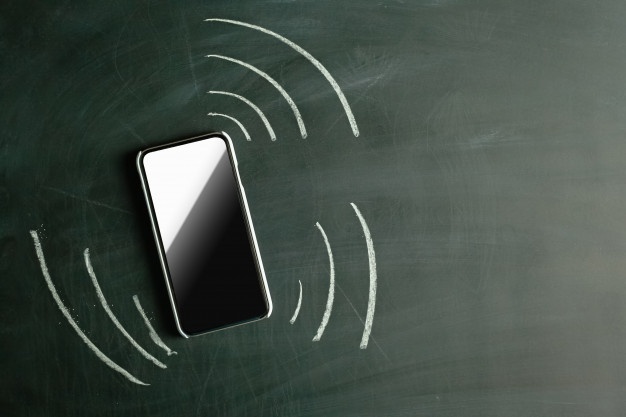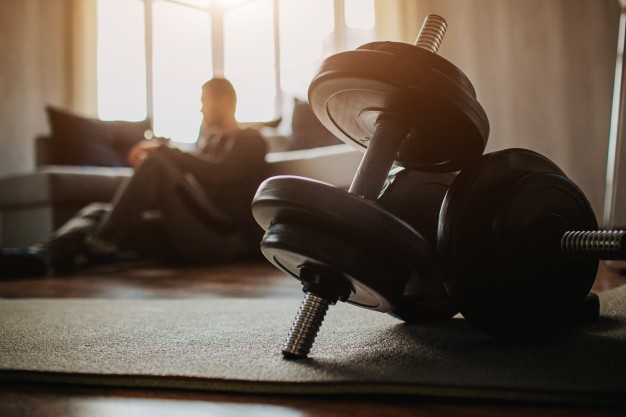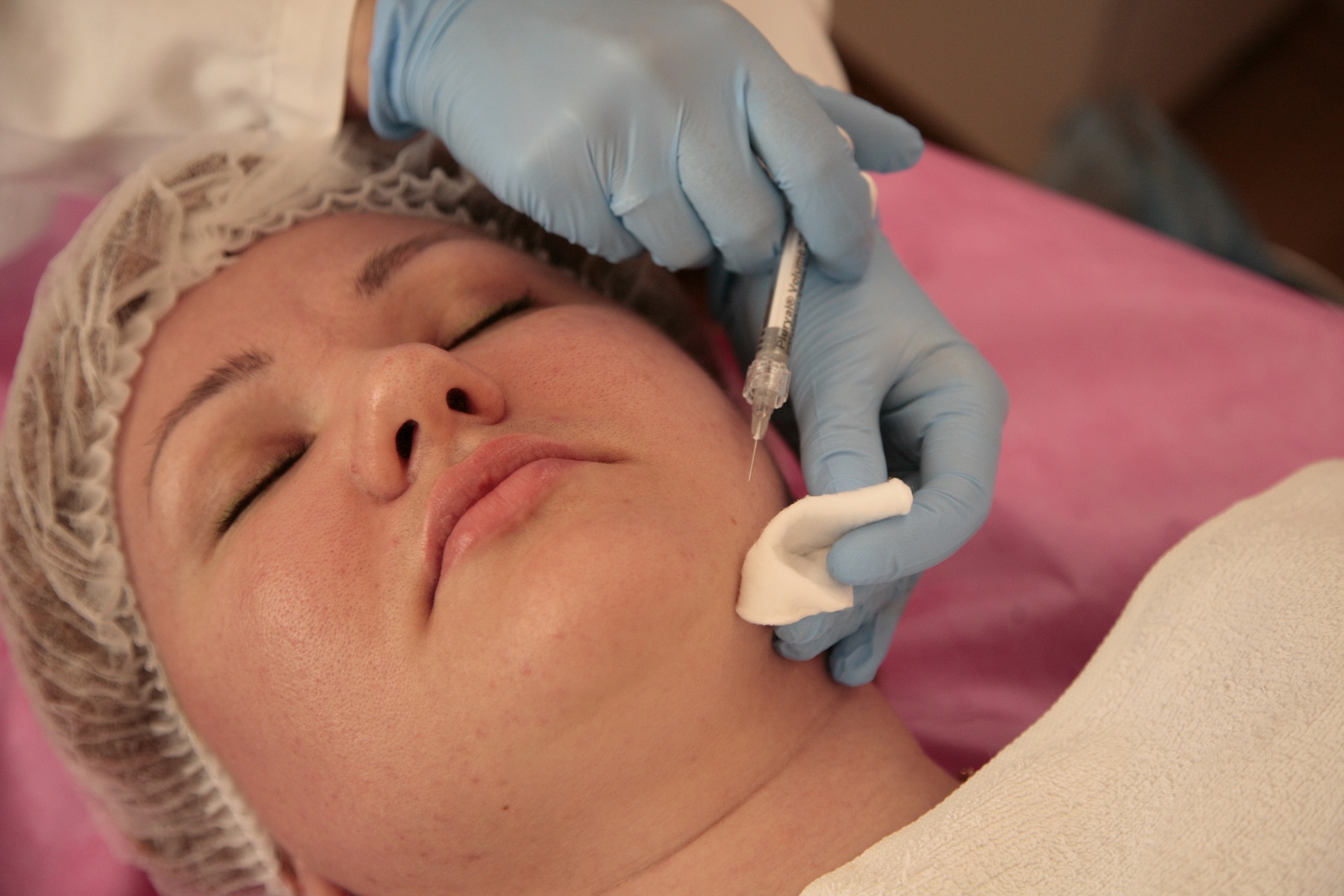Don’t underestimate the power of small things. Even nano-changes in your daily routine can lead to incredible results and transform your life. Here’s how to become healthier and happier by doing routine activities.
Simple Healthy Habits You Can Adopt Easily
There are many healthy habits that can change your life. Let’s start with the easiest one.
1. Drink A Glass Of Water Upon Waking
Perhaps the best way to start the day is by drinking a glass of water (better than room temperature or even lukewarm). After six to eight hours of sleep, we wake up to varying degrees of dehydration. And a generous serving of water helps to quickly restore the body’s water balance.
On the other hand, coffee contributes to even greater dehydration. Water literally awakens the body and forces all of its systems to work, including the brain and digestive tract.
There is evidence that a glass of water in the morning can even accelerate metabolism by as much as 30%. And research shows that those who start their morning with water are less likely to overeat. It is because they quench their thirst, which is often confused with hunger.
2. Giving Up Addiction
This might seem difficult to some people. But getting rid of addiction is not so difficult. A person who spends his/her day in unhealthy habits such as drinking alcohol or using drugs is unlikely to live longer.
For improving the quality of life, a person has to quit these addictions. With the state-funded drug rehabilitation facility, a person can easily get treated. You don’t even have to worry about the finances of the treatment.
3. Turn Off Vibration Mode On Your Smartphone
It seems that vibration is a salvation for those who do not want to be distracted by calls and sound notifications of new messages. But in reality, the vibration mode is a real productivity killer. It is very difficult not to react to the constant slight buzz. And the smartphone turned upside down only aggravates the matter.
We intolerably want to see what the notification is about. In addition, sometimes we hear phantom vibrations – when there are no messages, but as if an audible buzzing makes us grab the phone.
Productivity experts recommend keeping your phone in sound mode but turning off all notifications except for calls. It is enough for the messages to appear on the screen without any musical accompaniment.
4. Eat Fruits For Breakfast
WHO recommends eating at least five servings of fruits and vegetables a day. Vegetables are relatively easy to include in your diet. In an amicable way, they should make up half of every meal – even when it comes to pasta, soup, or curry with rice. But we often forget about fruits. When we want something sweet, we choose cakes or healthy nuts. And to refresh ourselves, we drink juices and soft drinks.
But juices do not contain an important constituent of fruit i.e., fiber. It is necessary for the normal functioning of the intestines, as well as some vitamins. These vitamins are present in the skin of the fruit. In order not to forget about fruits and berries, you can make it a rule to eat them for breakfast. Or you can eat them as part of full meals or as a dessert. Fruits are high in fiber, vitamins, antioxidants, potassium, and water.
But also high in sugar and low in calories, so they are poorly satiating. The ideal option is to mix the fruit with something protein or cereal. You can make your favorite porridge with apples and cinnamon. Blend strawberry, banana, and plant-based milk smoothies in a blender. Compose a fruit salad and season it with yogurt. Or simply slice the fruit into slices and eat it with peanut butter.
5. Walk 30 Minutes A Day
The benefits of regular physical activity are exceptional and many scientific studies confirmed it. Ideally, you should move as often and as long as possible during the day. Walk to the office, take breaks during work, use stairs rather than elevators, exercise several times a week, and walk as much as possible. But it is not necessary to immediately sign up for a marathon or force yourself to climb 12 flights to the apartment.
Try to set aside at least 30 minutes a day for an easy walk. You can walk around in an apartment or in a park. A regular half-hour walk will help strengthen blood vessels. It will also significantly reduce the risk of cardiovascular diseases, including stroke and heart attack. Moreover, it will strengthen bones and muscles, and help keep weight normal.
6. Get Regular Rest
Perhaps the best health habit in the age of productivity and efficiency is to get proper rest. Rest can safely be considered any action (or inaction) that helps to restore strength and soothes the nerves. Holidays don’t have to be quality. They don’t always require scented candles, self-help books, picnic kits, and mountain retreat packages.
Sometimes a sofa and a favorite TV show are enough. On the other hand, if you want to pamper yourself with shopping or going to a restaurant, go for it. You should not reproach yourself for deviating from the environmental agenda and spending extra money.
Resting means getting enough sleep, spending time with loved ones, walking, lying, watching, reading, listening, or even talking. Lazy wandering around the apartment, petting a cat, looking out the window, traveling, eating, singing, doing your favorite hobby, disassembling a closet, or watering flowers – in short, do what you like more often.
Summing Up
Regular exercising can be difficult for some people. However, there are many little habits that can lead to good health. Some common and most important ones have been mentioned in this article. We are hopeful that you will incorporate them into your lifestyle and spend a healthy life.
Read Also:



























